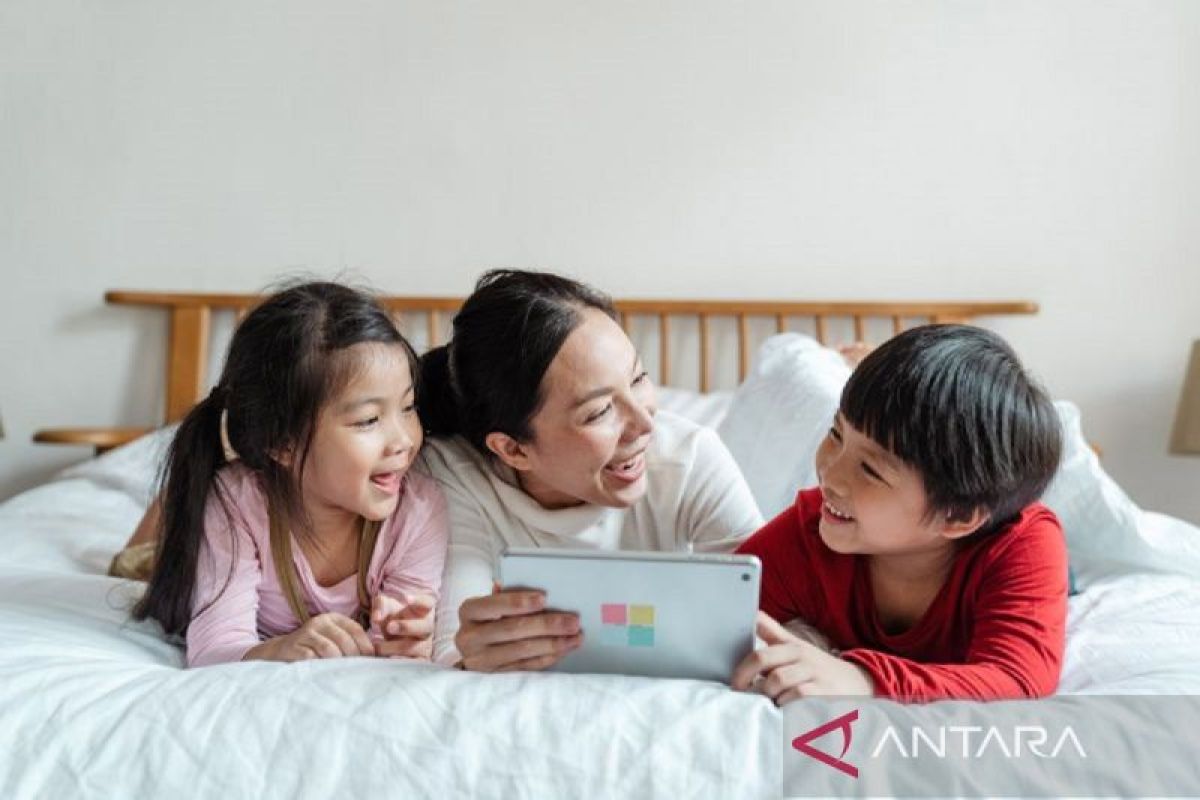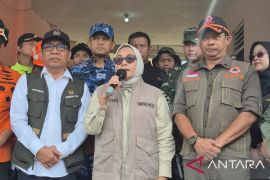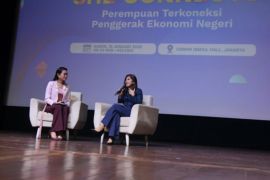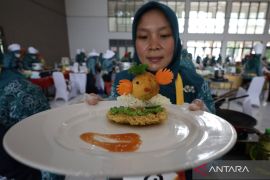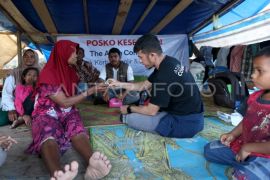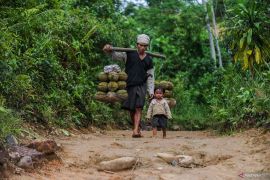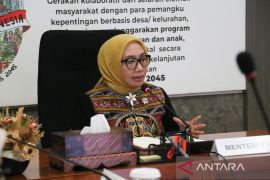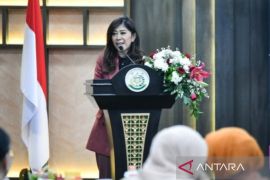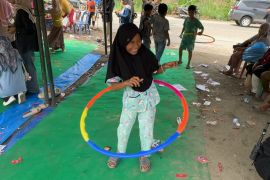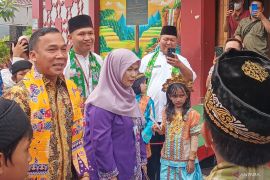Content that includes physical and verbal violence, sexual elements, misleading information, and hate speech is harmful and potentially accessible to minors.
Data from the National Center for Missing and Exploited Children (NCMEC) indicates that Indonesia has recorded 5,566,015 cases of child pornography over the past four years, ranking it fourth globally and second among ASEAN countries.
The data reflects a serious condition of the influx of content that can potentially harm children's psychological development.
In addition, the results of a study published in the Journal of the American Medical Association (JAMA) show that teenagers who spend more than three hours per day on social media face a heightened risk of mental health issues.
The prevalence of negative content on social media is also inseparable from the role of algorithms that often favor sensational content to drive user engagement.
Children in their cognitive development stage are particularly susceptible to this type of content, which can negatively impact their behavior, emotions, and mental well-being.
Social media also presents opportunities for criminals, such as child predators, to disguise themselves as ordinary users and build communication that can lead to exploitation.
Data from the Directorate of Cyber Crime of the National Police (Polri) Criminal Investigation Unit recorded the arrest of 58 suspects in connection with 47 cases of child pornography between May and November 2024, indicating the widespread nature of online exploitation.
In the global context, several countries have taken measures to protect children in the digital space. In France, for instance, children under 15 are required to obtain parental consent to create social media accounts.
Australia also recently banned children under 16 from accessing social media platforms.
These actions reflect growing international awareness of the need to protect children from the adverse effects of social media, particularly regarding their mental health and overall safety.
Government's quick action
In Indonesia, the government is addressing this issue with urgency.
President Prabowo Subianto has directed the Ministry of Communication and Digital Affairs to promptly formulate regulations focused on safeguarding children in the digital space, especially on social media.
The ministry is required to create regulations that focus on limiting children's access to social media within two months.
The ministry has formed a special working team comprising representatives from related ministries, academicians, children's education figures, and various child protection institutions.
The team was established in response to the urgent need to address negative content on social media and to develop a more effective monitoring mechanism.
The team's three primary goals include strengthening regulations and the mechanism for the supervision of digital platforms accessible to children.
Furthermore, the second focus is improving the digital literacy of children and parents to raise awareness of the risks and benefits of social media.
The third focus is implementing strict sanctions against perpetrators and distributors of harmful content to foster a safer digital ecosystem.
The Ministry of Communication and Digital Affairs has also launched the Content Moderation Compliance System (SAMAN), which will operate in February.
This system aims to ensure that digital platforms responsibly monitor content, with strict sanctions imposed if they fail to remove child pornography content within four hours of a warning.
Limitations on children's access to social media may be based on the Law on Electronic Information and Transaction as well as the Personal Data Protection Law as its derivative regulation.
The government is considering various regulatory options, including creating a government regulation or a ministerial regulation, and is open to strengthening these measures through a law amendment if necessary.
Protecting children's rights
Communication and Digital Affairs Minister Meutya Hafid has emphasized that the regulation currently being drafted aims to restrict children's creation of social media accounts rather than their overall internet access.
This regulation will not prohibit children from accessing social media as a whole. They can still access these platforms under parental supervision and using their parents' accounts.
The approach seeks to strike a balance between child protection and respect for the principles of democracy and freedom of expression.
This policy is not intended to restrict children's access to positive information available in the digital world. In fact, by limiting social media access, children will turn to educational sites and creative content that can support their development.
Children can also avoid social media addiction, and with limited access to digital platforms, they will have more time to focus on physical activities, direct social interactions, and creative activities in the real world.
Furthermore, this policy promotes parental involvement in guiding children. They will play the role of supervisors to help children navigate the digital world more safely and productively.
Consistent implementation of this effort, with active participation from various parties, can lead to a social media ecosystem that is safer and supportive of children's development.
Related news: KPAI pursues collaboration to realize healthy Internet for children
Related news: Parents must be digitally literate to assist children: Minister
Translator: Fathur Rochman, Raka Adji
Editor: Azis Kurmala
Copyright © ANTARA 2025
